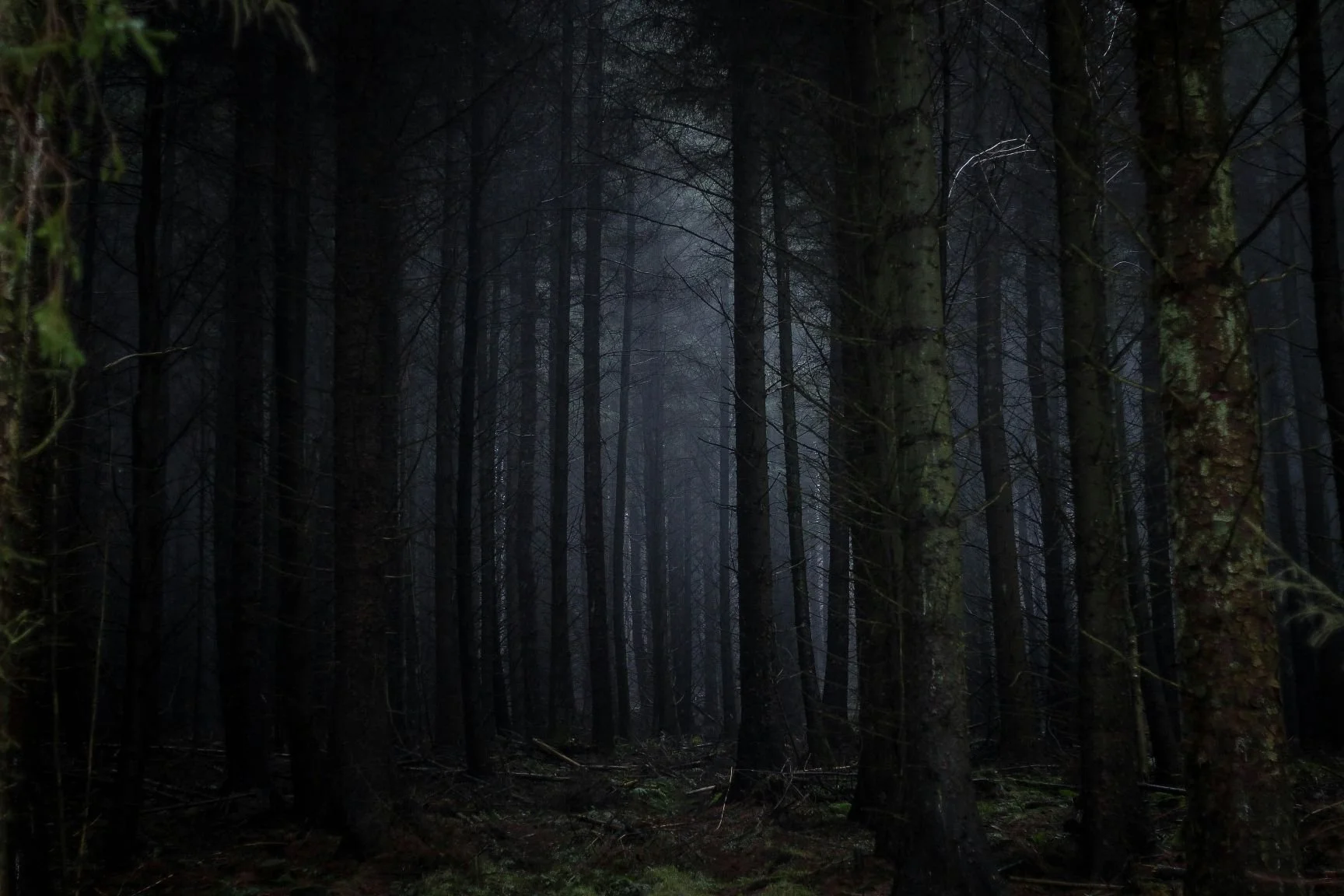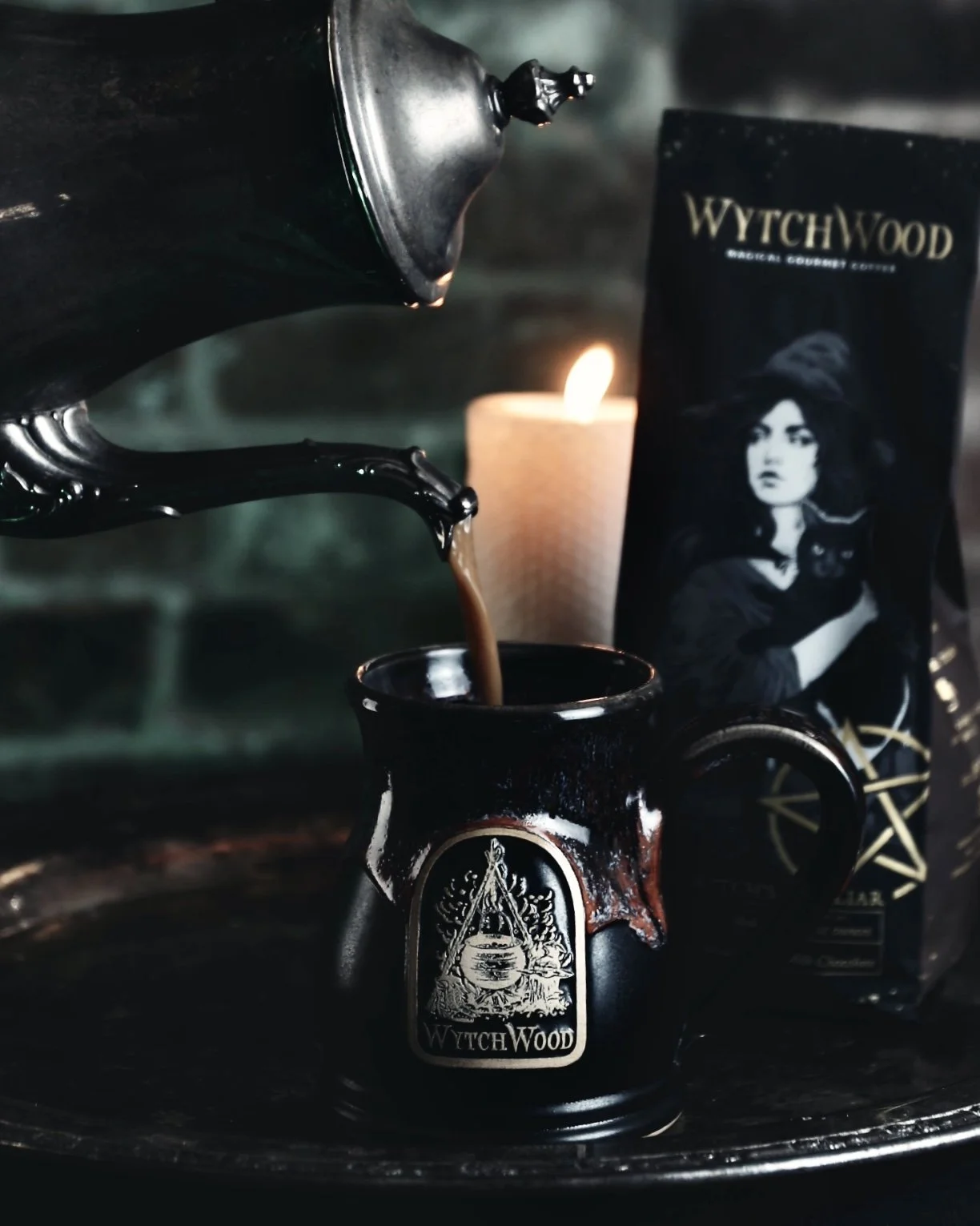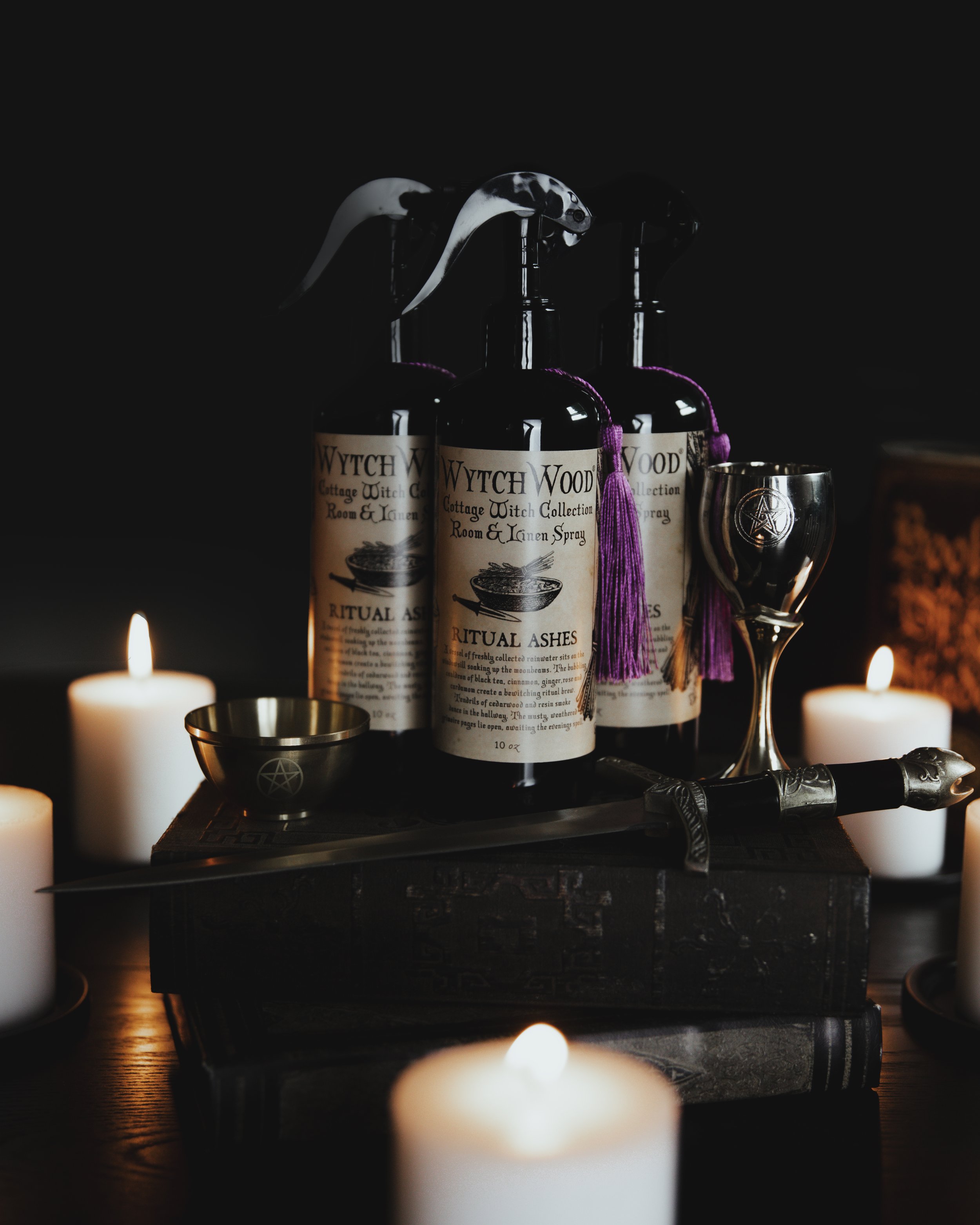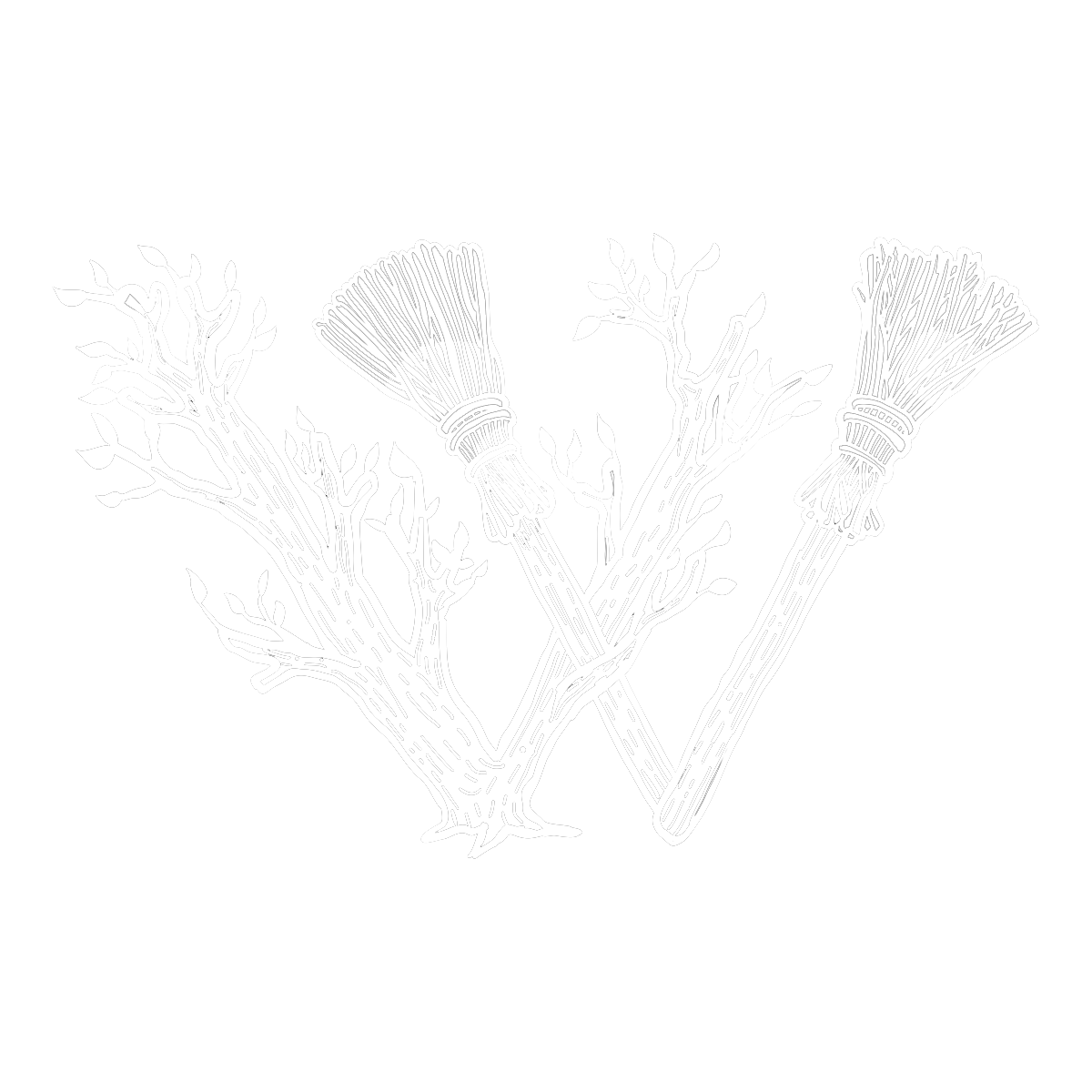
A beloved ritual brand, returning
Wytchwood Has Returned
For years, Wytchwood has been known for its handcrafted syrups, teas, coffee, and ritual goods — rooted in tradition and made with quiet intention.
Rooted in What Belongs
Wytchwood is entering a new chapter through the thoughtful merging of two aligned businesses — guided not by expansion for expansion’s sake, but by respect for what has always worked.
The syrups, long loved and never broken, remain the heart of Wytchwood. As the brand moves forward, any additional offerings are introduced slowly and intentionally — only when they feel like a natural fit within the Wytchwood world.
Nothing forced. Nothing excessive. Just what belongs.
Beloved offerings, thoughtfully reintroduced
☽
Beloved offerings, thoughtfully reintroduced ☽
Teas & Coffee
Comforting blends designed for quiet mornings with intentional rituals.
Maple Syrups
Small-batch, slow-crafted syrups — unchanged in spirit, made with care.
Ritual Goods
Select offerings introduced slowly and with purpose, in alignment with Wytchwood’s root.

behind Wytchwood
Wytchwood is cared for by a small team focused on preserving what made the brand beloved, while guiding it forward with intention.
We honor the recipes, traditions, and quiet magic that have always defined the brand, making each decision with intention and respect.
Getting Started
Begin with the Essentials
Start with the offerings Wytchwood is known for — our handcrafted syrups, teas, coffee, and body care. These core pieces form the foundation of the Wytchwood experience.
Choose What Fits
Each item is created with intention and restraint. Whether for daily use or quiet ritual, select what feels right for you — nothing more, nothing less.
Make It Yours
Wytchwood is meant to be lived with. Use our offerings in ways that feel personal, familiar, and grounded in your everyday routine.
FAQ
-
Yes, Wytchwood has entered a new chapter under new ownership, guided by deep respect for the brand’s history. Our focus is on preserving what made Wytchwood beloved while carrying it forward with care and intention.
-
Yes. The syrups remain at the heart of Wytchwood and are crafted with the same care, attention, and spirit they’ve always been known for. They were never broken — and we’ve treated them as such.
-
We’re reintroducing offerings slowly and intentionally. Syrups lead the way, followed by teas, coffee, body care, and select ritual goods as they naturally return. This allows us to maintain quality and ensure everything truly belongs.





